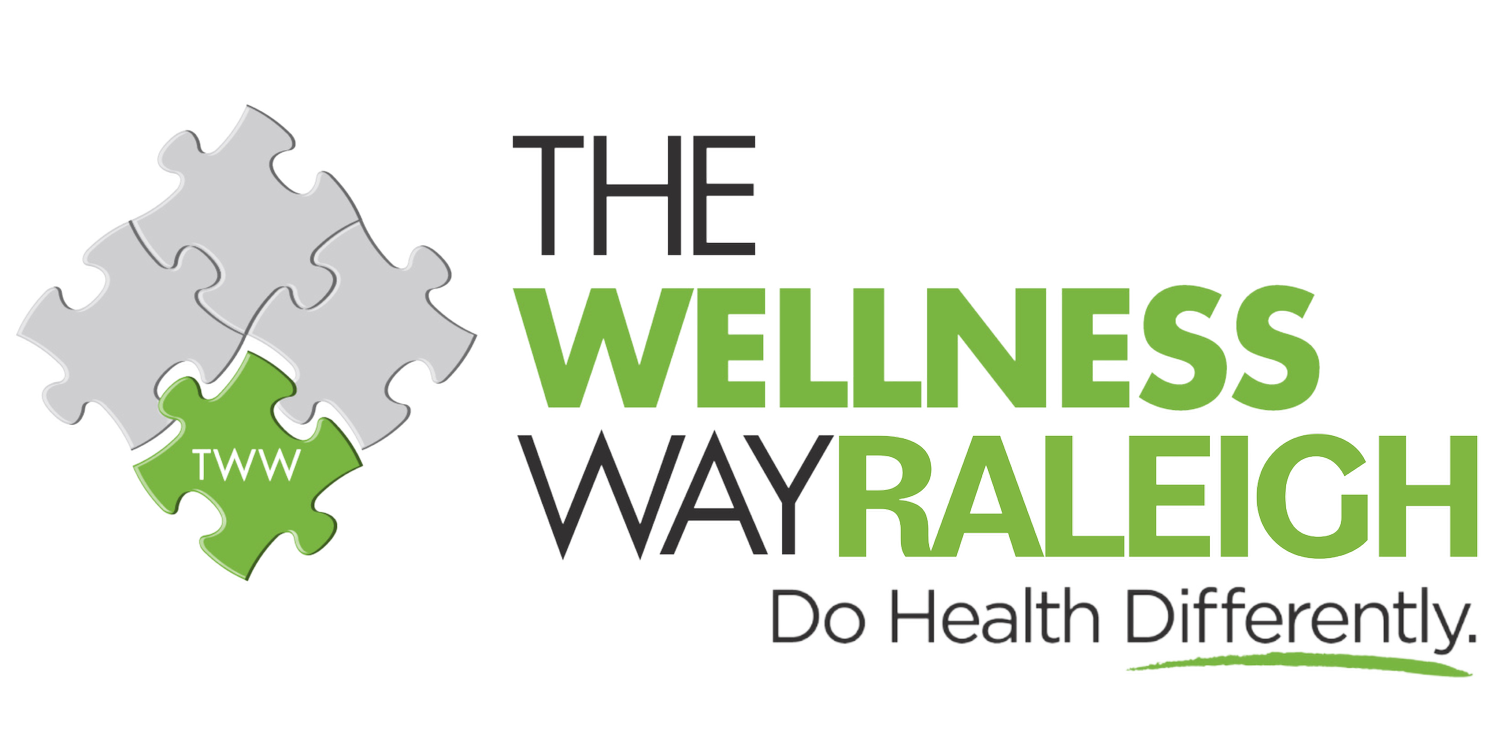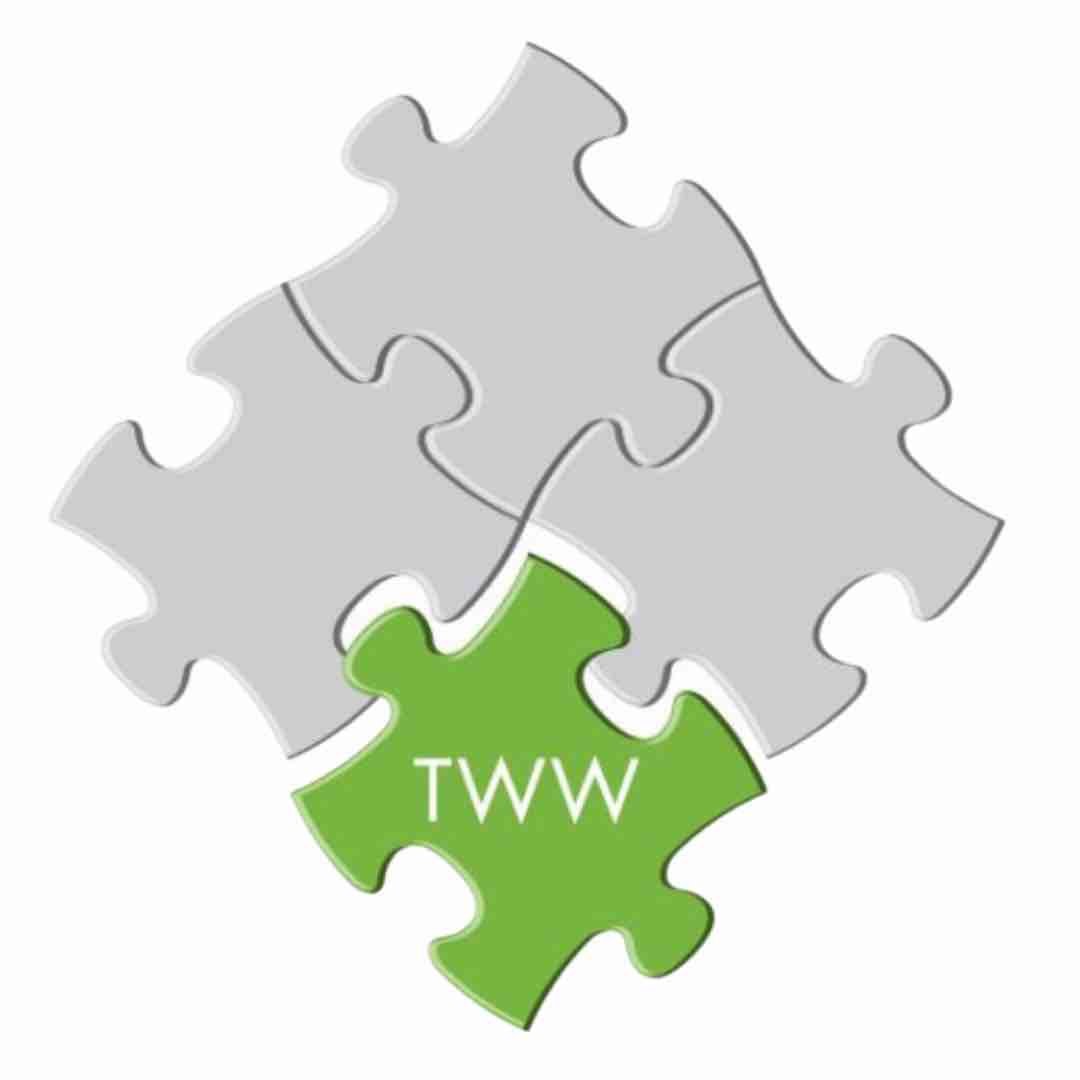Complete Thyroid Testing
When it comes to thyroid health, many individuals are familiar with the basic thyroid tests like TSH (Thyroid-Stimulating Hormone) and T4 (Free Thyroxine). These tests are often the first step in diagnosing thyroid conditions, such as hypothyroidism or hyperthyroidism. However, relying solely on these two tests may not provide a comprehensive understanding of thyroid function. In this article, we'll explore the significance of complete thyroid testing, which includes TSH, T4 Free, Reverse T3, and thyroid antibodies.
1. TSH (Thyroid-Stimulating Hormone): The Common Starting Point
TSH is a hormone produced by the pituitary gland that regulates the thyroid's activity. It is often considered the primary thyroid test because it can indicate if your thyroid is underactive (hypothyroidism) or overactive (hyperthyroidism). However, TSH alone doesn't reveal the whole story. For instance, it may appear normal even when other thyroid markers are not.
2. T4 Free (Free Thyroxine): Assessing Thyroid Hormone Levels
T4 is a thyroid hormone produced by the thyroid gland. Free T4 represents the portion of T4 that is not bound to proteins and is available for use by the body's cells. This test provides insight into the amount of active thyroid hormone circulating in your bloodstream, helping to diagnose thyroid disorders.
3. Reverse T3: A Lesser-Known Player
Reverse T3, or rT3, is a lesser-known thyroid hormone that can play a crucial role in thyroid function. It's considered the "brake pedal" for the thyroid because it can block the effects of T3 (triiodothyronine), the active thyroid hormone. High levels of rT3 relative to T3 can indicate a thyroid problem that might not be apparent with just TSH and T4 testing.
4. Thyroid Antibodies: Uncovering Autoimmune Thyroid Conditions
Two common thyroid antibodies are thyroid peroxidase antibodies (TPOAb) and thyroglobulin antibodies (TGAb). Elevated levels of these antibodies can indicate an autoimmune thyroid condition, such as Hashimoto's thyroiditis or Graves' disease. These antibodies are essential to diagnose the underlying cause of thyroid dysfunction.
Why Complete Thyroid Testing Matters:
Early Detection: Comprehensive thyroid testing can detect thyroid issues in their early stages, enabling timely intervention and treatment.
Accurate Diagnosis: Different thyroid conditions may present with similar symptoms, making it essential to examine multiple thyroid markers for an accurate diagnosis.
Tailored Treatment: A complete thyroid panel provides a clearer picture of your thyroid health, allowing healthcare providers to tailor treatment plans to your specific needs.
Autoimmune Identification: Identifying thyroid antibodies helps diagnose autoimmune thyroid diseases, which require distinct treatment strategies.
Optimizing Medication: For individuals already on thyroid medication, complete testing helps ensure that the prescribed dosage is appropriate and effective.
At Wellness Way Raleigh, we're dedicated to helping you or someone you know get the proper testing and care they deserve. If you're interested in comprehensive thyroid testing contact our office at 919-803-5015. Knowledge is power when it comes to your health, and we're here to support you on your journey toward optimal thyroid health and overall well-being. Remember, you're not alone – we're here to help!

